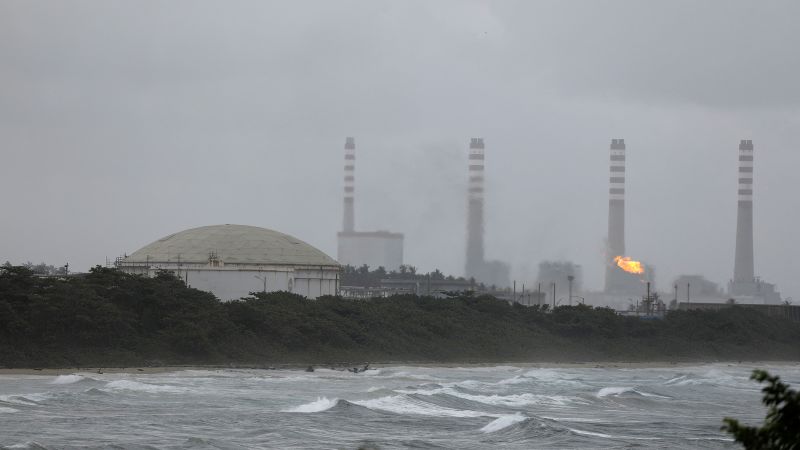The United States is planning to reimpose sanctions on Venezuela’s oil and gas sector due to the Maduro government’s failure to allow an inclusive and competitive election to take place. Last October, the US Treasury Department issued a temporary authorization, known as General License 44, to allow transactions with Venezuela’s national oil and gas sector. This authorization was set to expire, and after a careful review, it was determined that the Maduro government had not met the commitments made under the Barbados Agreement, leading to the decision not to renew the general license.
One of the key factors in the decision was the blocking of opposition candidate Maria Corina Machado from running in the election, along with her designated alternative candidate, Dr. Corina Yoris. This action, among others, led to the conclusion that the Maduro government had not fully complied with the spirit or letter of the Barbados Agreement. While the impact of revoking the authorization is not quantified, it is clear that the decision will lead to the reinstatement of sanctions in 45 days.
Despite the decision to reinstate sanctions, the US will continue to allow Chevron to resume limited natural resource extraction operations in Venezuela. This decision was made in November 2022 and has contributed to Venezuela’s economic growth, as evidenced by its forecasted growth among major South American economies this year. The US officials stressed that the decision to reinstate sanctions should not be seen as a final decision on Venezuela’s ability to hold competitive and inclusive elections, as efforts will continue to engage with all stakeholders to support a better future for the country.
The decision to reinstate sanctions was based on the political circumstances in Venezuela, with a focus on the actions and non-actions of the Venezuelan authorities. While other potential impacts, such as oil prices and unauthorized migration, were considered as part of the decision-making process, the primary focus was on the political situation within the country. Millions of people have already fled Venezuela due to poor economic conditions, food shortages, and limited access to healthcare, further highlighting the need for political stability and inclusive elections.
In response to the reimposed sanctions, Venezuela’s oil minister Pedro Tellechea claimed that the country is prepared to bear the costs and suggested that oil prices would spike, affecting gas prices in the US and impacting the international community. Despite the challenges posed by sanctions and other external factors, Tellechea expressed confidence that Venezuela would continue to grow. The decision to reimpose sanctions highlights the ongoing challenges faced by Venezuela and the importance of finding a path towards democracy, security, and prosperity for its people.


